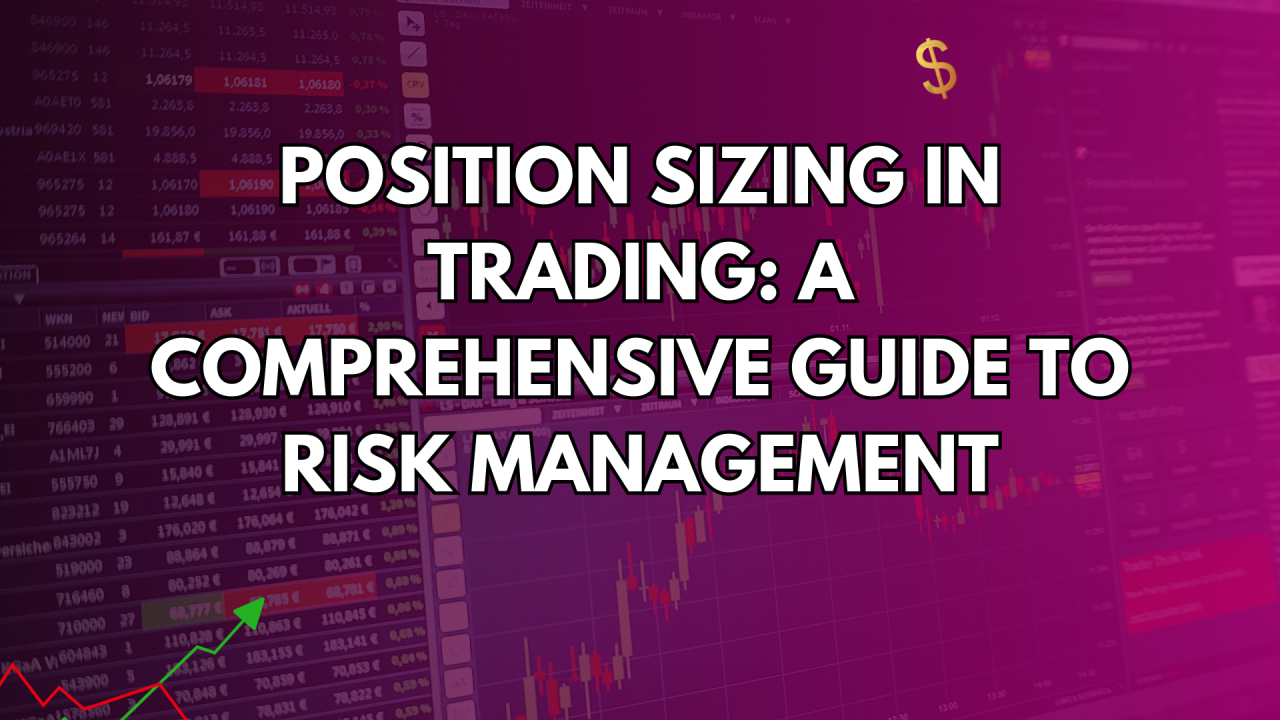How to Avoid Common Mistakes in Forex Trading: A Complete Guide
Forex trading offers an exciting opportunity for investors to profit from the fluctuations in currency pairs, but it can also be risky for those who are not prepared. One of the key elements in achieving long-term success in Forex is avoiding common mistakes that many traders make, especially beginners. This article will outline these mistakes, how to avoid them, and strategies to help you trade more effectively.
1. Lack of a Solid Trading Plan
Mistake: Trading without a clear strategy or plan is one of the biggest errors beginners make. Without a plan, traders often make impulsive decisions based on emotions, which can lead to substantial losses.
How to Avoid:
- Create a Trading Plan: A comprehensive trading plan should outline your risk tolerance, trading goals, entry and exit strategies, as well as money management techniques.
- Follow the Plan: Once your plan is in place, stick to it. Avoid making trades based on emotions or rumors, as this can lead to poor decision-making.
Tip: Consider including risk management techniques, such as stop-loss and take-profit orders, in your plan to limit losses and secure profits.
2. Overleveraging Your Account
Mistake: Leverage allows you to control a larger position with a smaller deposit, which can amplify both your gains and losses. Many new traders use high leverage without fully understanding the risks, often resulting in large losses.
How to Avoid:
- Use Leverage Cautiously: While leverage can be an effective tool, it should be used carefully. Beginners should avoid using high leverage, especially in volatile markets.
- Start Small: Begin with lower leverage to get a feel for how it affects your trades and portfolio. Increase leverage gradually as you gain experience.
Tip: Always calculate the amount of risk you are taking with each trade and ensure it aligns with your overall risk management strategy.
3. Ignoring Risk Management
Mistake: Failing to manage risk properly is one of the most common reasons traders lose money. Without proper risk management, traders may make large, undisciplined bets on currency pairs, which can result in significant losses.
How to Avoid:
- Set Stop-Loss Orders: Always set stop-loss orders to automatically close a position if the market moves against you. This limits your losses and helps protect your capital.
- Risk-to-Reward Ratio: Establish a favorable risk-to-reward ratio. A commonly recommended ratio is 1:2, meaning you should aim to make twice as much as you are willing to risk on each trade.
- Diversify Your Portfolio: Avoid putting all your capital into one position. Diversifying your trades can help spread the risk across multiple assets.
Tip: Calculate your risk before entering a trade to make sure it is within your tolerance level. A common approach is to risk no more than 1-2% of your trading capital on any single trade.
4. Overtrading and Lack of Patience
Mistake: Many traders, especially beginners, make the mistake of overtrading, either out of excitement or frustration. Overtrading occurs when you take too many trades in a short period, which can increase your exposure to risk and reduce your chances of success.
How to Avoid:
- Trade Only When There Is a Valid Signal: Avoid taking trades based on emotions or random market movements. Wait for high-probability setups according to your strategy.
- Be Patient: Forex trading requires patience. It’s important to wait for the right opportunities, rather than trying to force trades. Sometimes the best move is to stay out of the market.
Tip: Focus on quality trades, not quantity. Take only those trades that align with your strategy and risk management rules.
5. Neglecting Fundamental and Technical Analysis
Mistake: A common mistake is to focus exclusively on one form of analysis and neglect the other. Traders often either focus only on technical analysis or ignore it altogether and make decisions based solely on market news or fundamentals.
How to Avoid:
- Combine Fundamental and Technical Analysis: While technical analysis can help you identify entry and exit points, fundamental analysis provides context for market trends and news events that could impact the forex market.
- Stay Updated on Economic News: Monitor economic calendars and news releases that could affect the currencies you’re trading. Key events include interest rate decisions, GDP data, inflation reports, and employment statistics.
Tip: Use a combination of both analysis methods to increase the likelihood of success. For example, use technical indicators to time your entry and exit, but pay attention to economic news to understand the broader market context.
6. Trading Based on Emotion
Mistake: Trading based on fear, greed, or other emotional factors is a mistake many traders make. Emotional trading often leads to impulsive decisions, such as cutting profitable trades too early or holding onto losing trades too long.
How to Avoid:
- Stick to Your Plan: Following your trading plan and risk management rules will help you make decisions based on logic and analysis, not emotions.
- Practice Mindfulness: Stay calm and focused during your trades. If you feel too emotional, it may be better to step away from the market temporarily and return with a clear mind.
- Keep a Trading Journal: Track your trades, the rationale behind each decision, and your emotions during the trade. This can help you identify patterns and emotional triggers that negatively affect your trading.
Tip: Recognize when emotions are influencing your decisions. If you’re feeling overly confident or fearful, it’s better to pause and reassess your strategy.
7. Chasing Losses
Mistake: After incurring a loss, some traders try to recover it by placing bigger and riskier trades in an attempt to “chase” their losses. This can lead to even larger losses and a destructive cycle of poor trading behavior.
How to Avoid:
- Accept Losses as Part of the Process: Understand that losses are inevitable in trading. Every trader experiences losses, but successful traders learn from them and move on.
- Avoid Revenge Trading: If you’ve had a losing trade, step away from the market for a while to avoid the temptation to recover losses immediately. Wait for your next high-quality trading opportunity.
Tip: Always ensure that your risk management rules are in place. Accepting a loss is a part of the trading process, and trying to recover it by overtrading will only lead to more problems.
8. Not Continuously Learning and Improving
Mistake: Forex markets are always changing, and many traders stop learning once they’ve developed a strategy. The failure to continue improving can hinder long-term success.
How to Avoid:
- Never Stop Learning: Continuously seek to improve your knowledge by reading books, attending webinars, and staying updated with market trends. The more you learn, the better equipped you’ll be to handle market volatility.
- Review Your Trades: Regularly review your past trades to identify mistakes and areas for improvement. This process will help you become more disciplined and refine your strategy.
Tip: Commit to continuous learning and self-improvement. The more experience you gain, the better you’ll become at recognizing patterns and making informed decisions.
Conclusion
Avoiding common mistakes in Forex trading is essential for achieving long-term success. By following a well-thought-out trading plan, managing risk effectively, staying disciplined, and continuously learning, you can improve your chances of success in this volatile market.
Remember, Forex trading is a skill that takes time to master. Embrace the learning process, stay patient, and keep refining your strategies.




